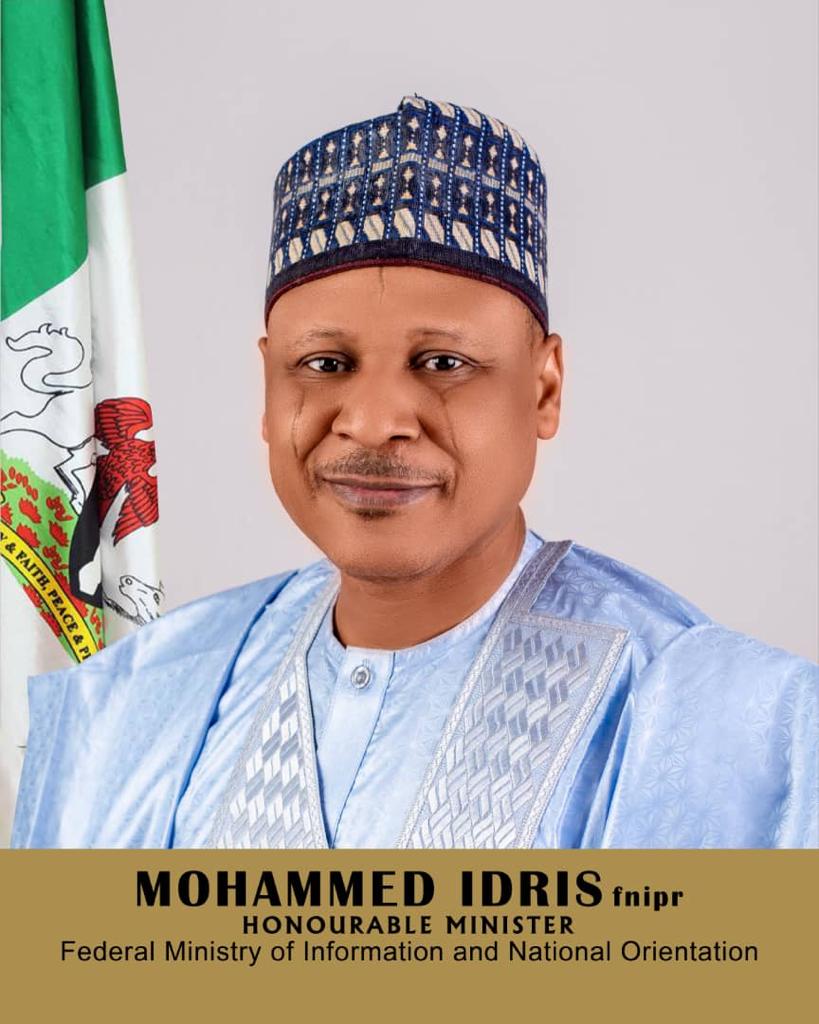Participants at the Nigeria Fintech Week in Lagos on Tuesday said telecommunications, banks and Fintech stakeholders needed to partner to make USSD short codes free to all users to boost financial inclusion.
They said that collaboration of stakeholders in making USSD free would enable Nigeria achieve 90 per cent financial inclusion by 2020, higher than the apex bank’s 80 per cent target in 2012.
Speaking at the event, Mr Patrick Akinwuntan, Chief Executive Officer, EcoBank Nigeria, said that USSD short codes must be made free for every Nigeria in order to deepen financial inclusion.
Akinwuntan noted that a strong collaboration would help develop skilled manpower and deliver cutting edge solutions for sustainable growth and the realisation of all -inclusive growth.
He said there was the need for continuous advocacy on adaptation of platforms and gender balance to attract more participation from the under-served.
“With strong collaboration, it is possible to offer to any Nigerian, zero cost for using financial services to lift Nigerians out of poverty.
“This will help to bring all Nigerians into the financial system to add value.
” The CBN is targeting 80 per cent in fusion by 2020 and latest figure showed that we are currently in 62-65 per cent. But the most pervasive gadget to achieve inclusion is a smart phone.
“With zero charges on USSD, 90 per cent inclusion by 2020 is possible.
“Also, data protection is absolutely key to instilling confidence in the system,” he said.
Also speaking, the Deputy Governor, Financial Systems Stability, Central Bank of Nigeria, Mrs Aishah Ahmad, tasked fintech firms to be cautions in carrying out their innovative services.
Ahmad, in her keynote address, said that fintech had played a major role in enhancing financial inclusion by providing services at low cost to consumers.
“Fintech as a tool and as institutions, would help us meet a number of objectives. Customers would have greater freedom, wider access at favorable prices and even at zero prices.
“The challenge before us shall be to thrive not survive so that the benefit outweighs the risk. We see innovation and it is good but it must be responsible, it must be inclusive and it must be held accountable,” she said.
On regulations surrounding fintechs, she disclosed that all regulatory institutions including the apex bank would develop a framework that would instill confidence in the system.
Ms Mary Uduk, Acting Director-General, Securities and Exchange Commission (SEC), stressed the need for an expanded access to financial services to enhance inclusion.
Uduk said that increased participation in the capital market would be achieved through collaboration.
She said that to improve the penetration of investment products, there must be strategic alliance amongst regulators and other stakeholders within the ecosystem.
“Going forward, I am confident that together, we can surmount the challenges inherent and seize the potentials of FinTech to transform people’s lives for the better,” Uduk stated.
She explained that fintech roadmap document would broaden the robust conversation and engagements within the ecosystem to strengthen financial inclusion.
According to her, it will encourage responsible use of new technologies and digital finance in the capital market, influence increased international participation and cooperation, and also provide investors with more choices in the Nigerian Capital Market.
She said SEC was also looking to adopt regulatory and supervisory practices for orderly development and stability of the system.
Uduk said that the commission would pay close attention to sustaining confidence and safeguarding the integrity of the market.
“In this way, our policies will facilitate the safe entry of new products, activities and intermediaries. In addition, we will ensure that regulation does not stand in the way of innovation,” she added. (NAN)



